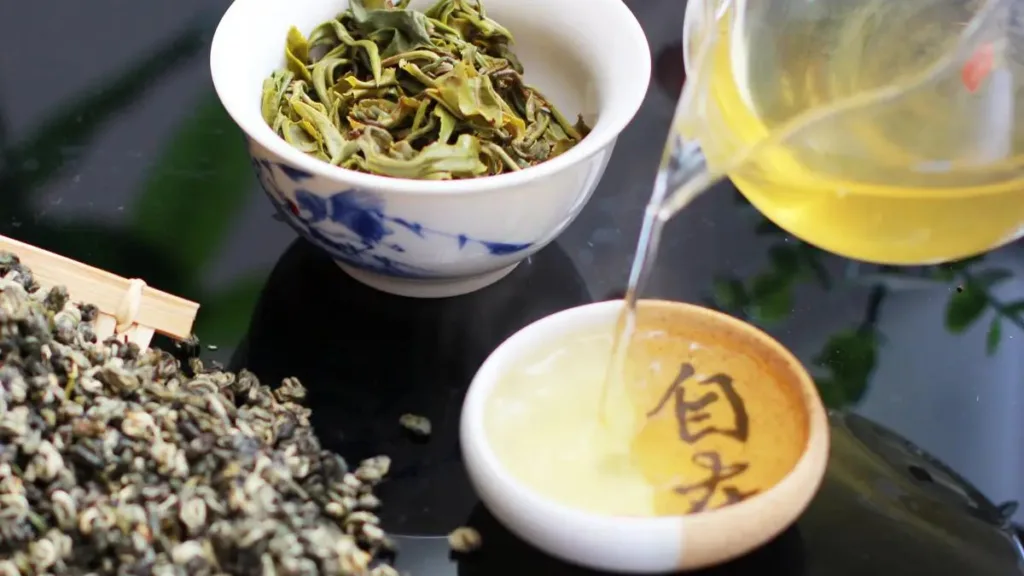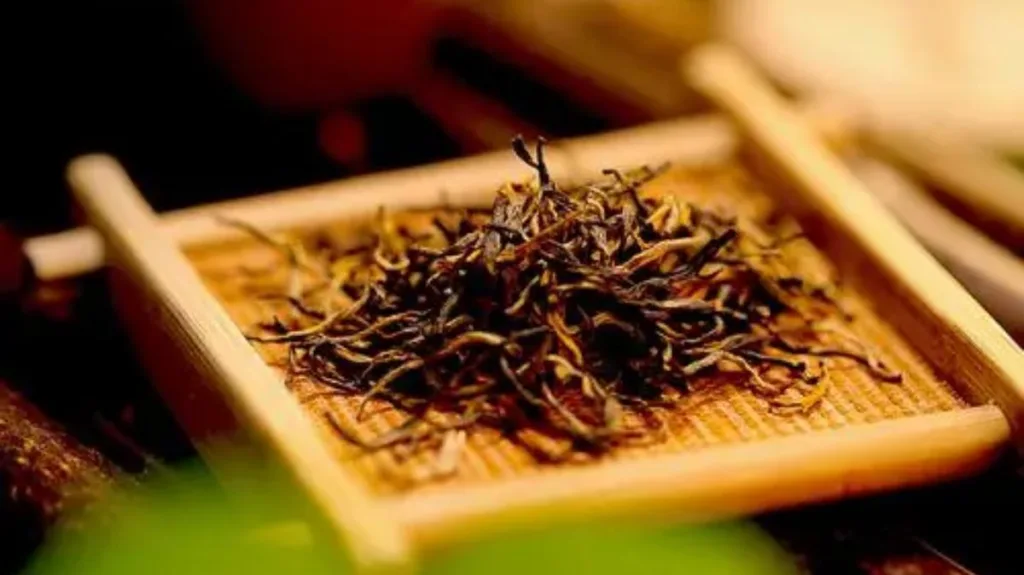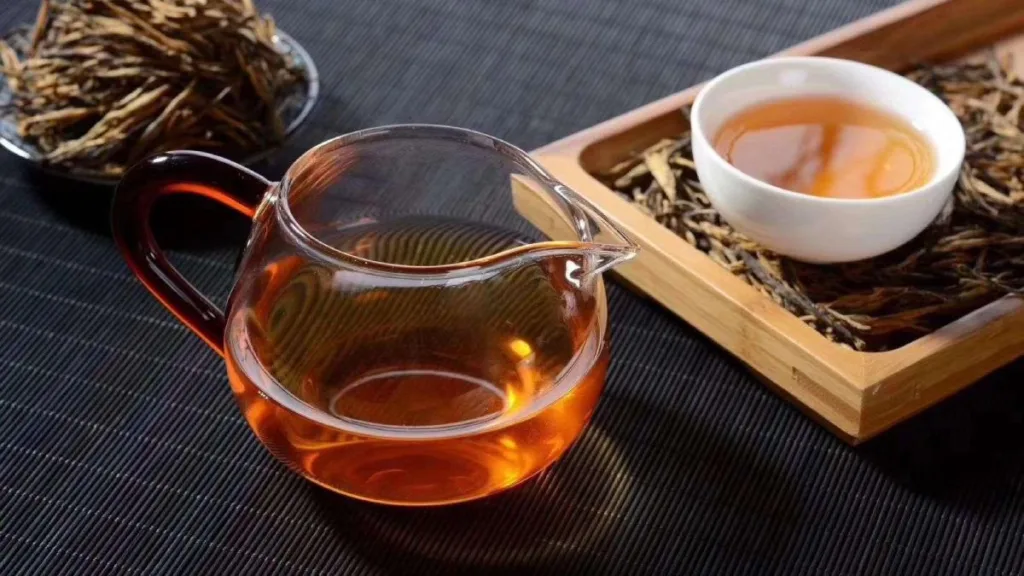Many Chinese people choose to drink green tea after meals, and there are several types of green tea commonly enjoyed for this purpose, including West Lake Longjing, Biluochun, Gou Gu Nao tea, Huangshan Maofeng, Liu An Melon Seed tea, Taiping Houkui Tea (Taiping Monkey King tea), Xinyang Maojian, and Meng Ding Gan Lu, among others.
Drinking green tea after a meal is believed to offer various benefits:
- Mental Alertness: Green tea can help boost alertness, enhance cognitive function, and improve memory. The moderate caffeine content in green tea provides a natural source of stimulation.
- Alleviates Fatigue: Green tea consumption can relieve fatigue and promote metabolism, aiding in maintaining the normal functions of the heart, blood vessels, and gastrointestinal system.
- Oral Health: Regularly drinking green tea is associated with preventing tooth decay. Research from the UK suggests that children who drink tea regularly experience a 60% reduction in cavities.
- Rich in Micronutrients: Green tea contains beneficial micronutrients that contribute to overall health.
- Anti-Cancer Properties: Green tea is known for its potential to inhibit the growth of cancer cells. It contains bioactive compounds such as catechins that have shown anti-cancer properties.
- Anti-Aging Effects: Green tea exhibits anti-aging effects that can contribute to a longer and healthier life. It has been reported to have an anti-aging potential more than 18 times that of vitamin E.
- Cardiovascular Health: The consumption of green tea may help reduce the formation of lipid plaques on blood vessel walls, thus preventing conditions like atherosclerosis, hypertension, and strokes.
- Central Nervous System Stimulation: Green tea contains caffeine and other stimulants that can enhance alertness and physical performance.
- Weight Management and Beauty: Green tea is well-regarded for its weight management and beauty benefits. It may also be effective in treating acne.
- Anti-Bacterial Properties: The tannic acid in green tea can kill a variety of bacteria, making it effective for preventing and treating oral inflammation, sore throat, and summer-related digestive issues like enteritis and dysentery.
- Maintains Acid-Base Balance: Green tea, with its alkaline nature, can help maintain the body’s acid-base balance. The bioactive alkaloids, including caffeine, theobromine, theophylline, and xanthine, are efficiently absorbed and metabolized, contributing to the timely neutralization of acidic metabolic products in the blood.
- Heatstroke Prevention: Consuming hot green tea can help lower skin temperature by 1-2 degrees Celsius within nine minutes, creating a cool and dry sensation. In contrast, consuming cold drinks may not significantly lower skin temperature.
The best times to drink green tea for optimal effects include:
- One Hour After Meals: Drinking green tea approximately one hour after a meal is often recommended. This timing allows for better digestion and absorption of nutrients from the meal, and the potential weight management benefits of green tea can be maximized.
- One Hour Before Meals: Having green tea about an hour before a meal can help reduce appetite and control portion sizes, potentially aiding in weight management.
- Two Hours Before Sleep: Consuming green tea at least two hours before bedtime is advisable to prevent sleep disturbances, as the caffeine content can interfere with sleep if consumed too close to bedtime.
In conclusion, green tea is a popular choice for post-meal consumption in China, and its numerous health benefits make it an appealing option for people seeking to enhance their well-being. The specific type of green tea consumed after meals may vary according to individual preferences, regional traditions, and availability, but the general consensus is that the timing of green tea consumption can play a role in optimizing its effects. Whether you choose to enjoy green tea after a meal, before a meal, or at other times, it’s essential to be mindful of its caffeine content and potential interactions with your personal sleep patterns.



